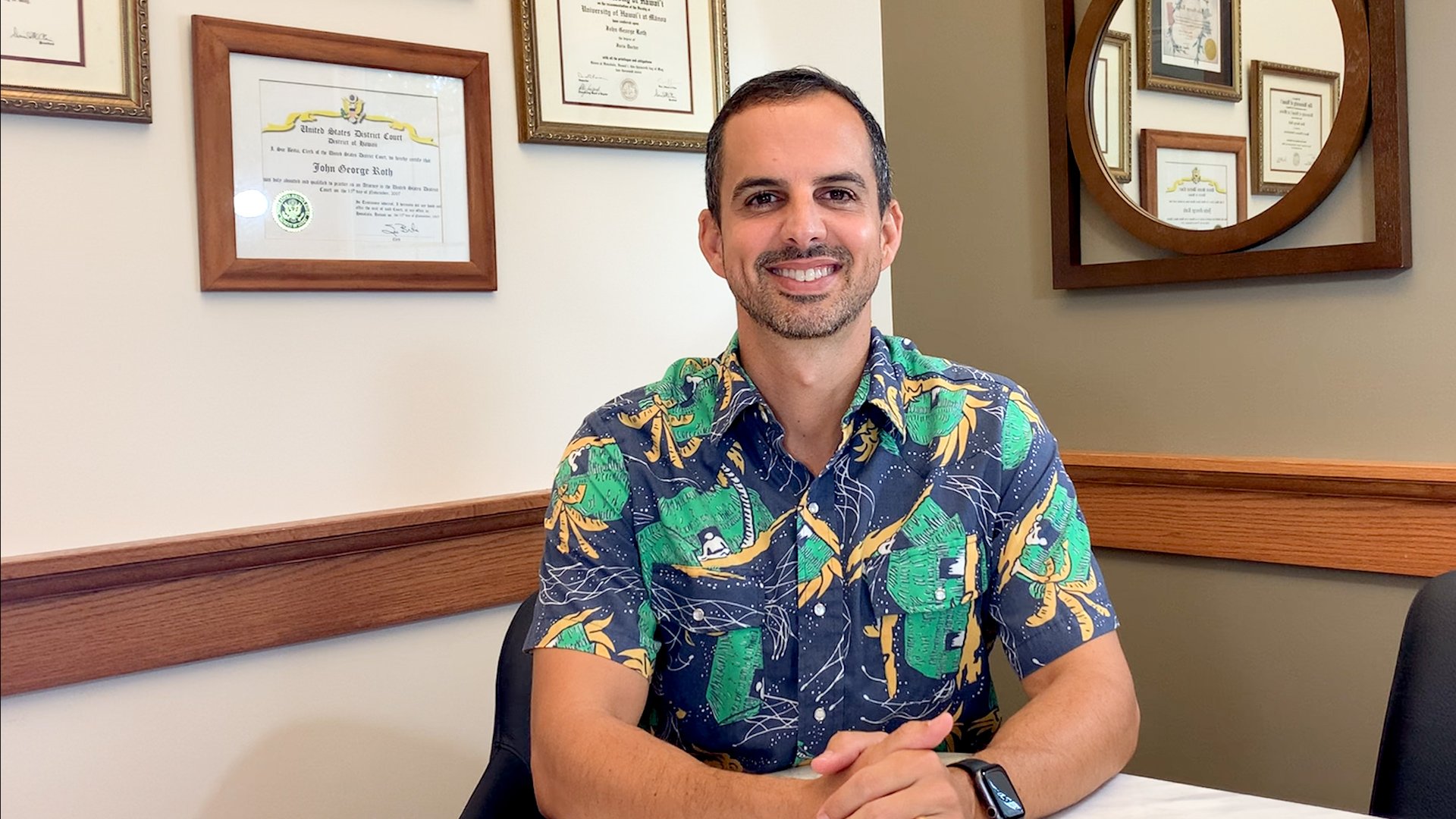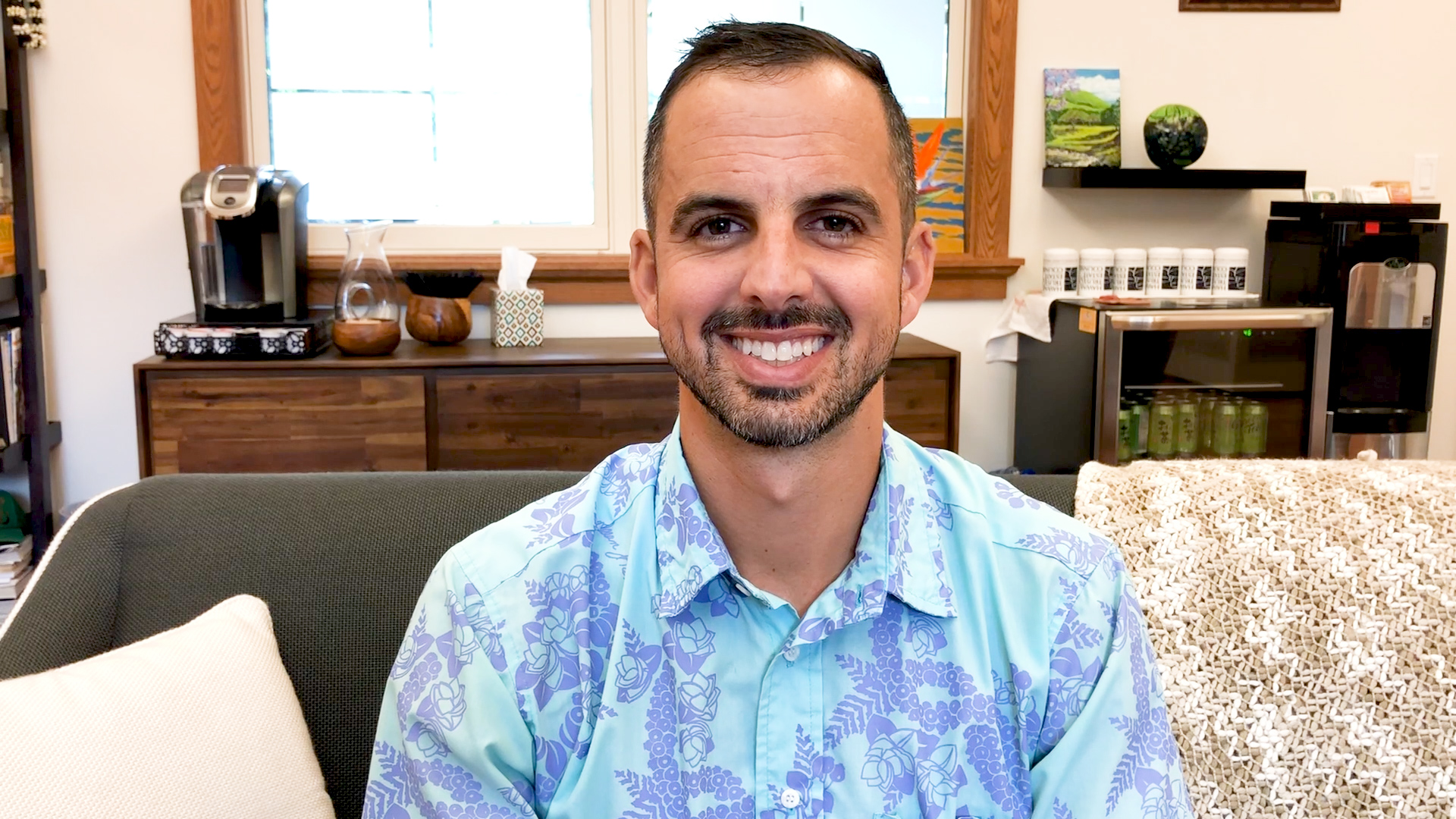What assets should you put in your trust? Avoiding probate, planning in case of incapacity, and making things as easier for loved ones after your death are all things to consider.
Do I need estate planning?
Who should be the guardian of my child?
If something were to happen were to happen to you, who would take care of your child? With a will or trust you can nominate someone you trust to care for your child. Attorney John Roth explains the difference between a guardian and a conservator and how to set and age of inheritance with your estate plan.
What is the difference between a personal representative vs. a trustee?
They both have important roles in your estate plan, but what’s the different between a personal representative versus a trustee? Basically, after your lifetime, a trustee is responsible for your assets held in trust and a personal representative is responsible for your assets held in your individual name. You name your personal representative is named in your will and your successor trustee is named in your trust.
Do I pay tax at my death?
Should I hold my investments in trust?
What is Hospice?
How should you hold title to your property in Hawaii?
How to talk about incapacity and healthcare
We may not like to talk about it, but most of us will reach a point in our lives where we need more help from others to take care of ourselves. Estate Planning Attorney John Roth and Adult Care Expert Karyn Clay talk about incapacity or the physical or mental inability to manage one's affairs and the care options available.
How do I prepare for Estate Planning?
What happens to my pets when I die?
Is my out-of-state trust still valid?
What if I die without a will?
Will the State take my property? Will my loved ones pay more taxes? These are common questions that come up when discussing what happens if you die without a will, but aren’t necessarily true. Each state has intestate succession statues that try to guess who you would want to get your stuff if you don’t have a will.





















